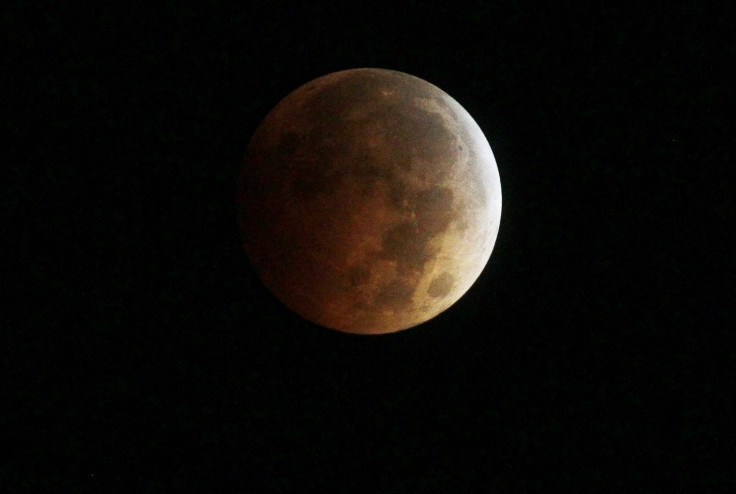Full Moon Has No Effect On Our Earthly Behavior, It's Just Bad Science That Says It Does

“And when there’s a full moon, the murder rate rises and pregnant women go into labor and car accidents increase and…” Though many people believe these and similar claims of the moon's effect on our worldly conduct, a new study from UCLA puts a pin in that balloon. Our collective human behavior is unrelated to phases of the moon, one truth-hungry scientist says.
Instead, researchers making such claims about lunar influence are guilty of defective data collection, flawed analysis of information, and, most importantly, powerful biases, all of which lead to false conclusions.
“The moon is innocent,” Dr. Jean-Luc Margot, a professor at UCLA, the department of Earth, Planetary, and Space Sciences and the department of Physics and Astronomy, stated in a press release.
While the overwhelming majority of Americans (89 percent) believe the Apollo moon landing was real, a Gallup poll discovered six percent of the public believes the U.S. government faked the landing (presumably on some defunct Hollywood soundstage), while another five percent refused to venture an opinion on the matter (they believe it’s a fake but did not want to admit their true beliefs to a stranger who might be a government plant).
Another Gallup poll found three in every four Americans profess at least one so-called "paranormal" conviction. While the most popular is extrasensory perception (or ESP), haunted houses and witches had their fans, as did clairvoyance, astrology, and reincarnation. Feeling uncomfortable yet — like you may be one of the many simple people this study decries? Well, console yourself with the fact that you are planted squarely within the majority, even if you never win points with Margot, who conducted his new study to explain, as he puts it, “the human tendency of perceiving a lunar effect where there is none.”
Specifically, he went back over old data, in particular one oft-cited 2004 study that suggests the number of hospital admissions for gastrointestinal bleeding is influenced by the phases of the moon. The authors of that past study go so far as to claim the rate of hospital admissions within their bleeding unit is higher during the full moon than at other times. However, once Margot gets his hands on their data, he makes short work of pointing out the many “methodological and statistical flaws that invalidate their conclusions,” he wrote in his own published research, adding, “Reanalysis of their data with proper procedures shows no evidence that the full moon influences the rate of hospital admissions.”
And, just for good measure, Margot also looked back at birth rate studies and found no relationship to lunar phases there either. (Pffffft.)
While flawed beliefs about the moon may be more or less harmless, other flawed beliefs may cause enormous hurt. To make his point loud and clear, Margot raises the specter of the anti-vaxxers. "Vaccine-preventable diseases are killing people because of beliefs that are out of step with scientific facts," he said.
So what can save us from being tragic victims of fanciful, dare we say, anti-scientific beliefs? Well, education won’t save you, Margot says, since many educated people secretly hold a torch for superstitious ideas. Instead, it is necessary to use evidence-based reasoning at all moments while also being humble enough to admit any one of your beliefs may be simply incorrect. Margot also suggests we be aware of our own confirmation bias — the tendency to interpret information so as to support what we already believe, while discarding data that contradicts what we think.
In the end, Margot says, a carrot awaits those who maintain rationality in the face of superstition — and flawed science. “Being able to distinguish fact from hogwash is liberating,” he writes. Even more, the better decisions resulting from clearer thinking will improve the quality of your life. While that's a wonderful thought, it's impossible not to wonder if in this case Margot may be the one guilty of a confirmation bias. (Just sayin'.)



























